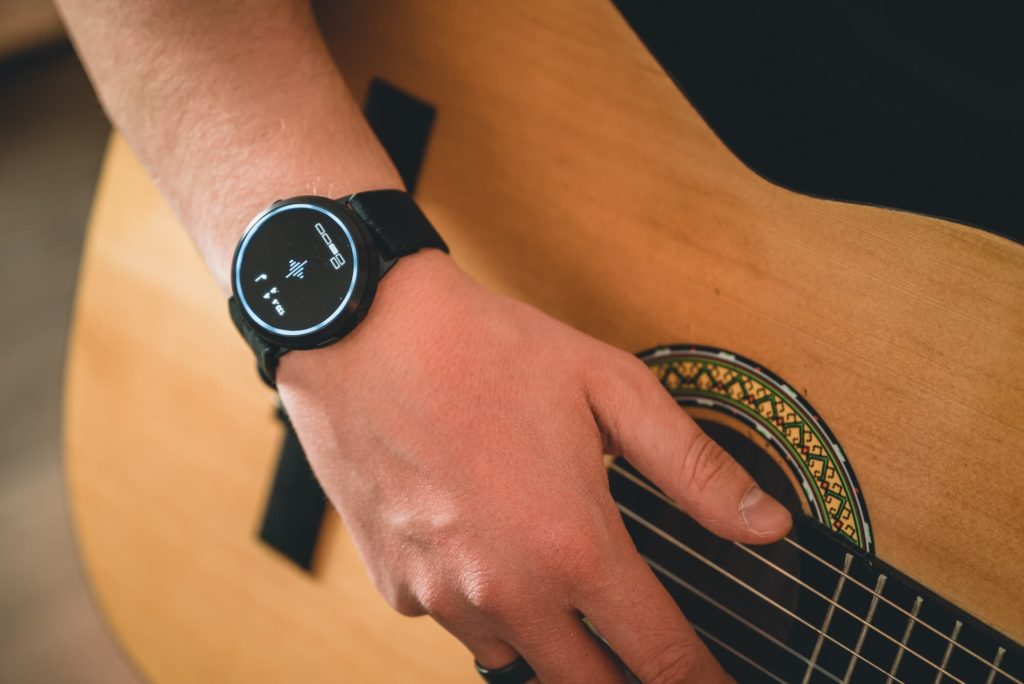
Whether you’re a beginner or 10 years into learning your instrument, “mastering” your instrument may be one of your end goals as a musician. But how do you get around to becoming a “master” in your instrument?
In this article, we talk about what it means to master your craft and how you can do so. Read on for some expert tips on how to master your instrument.
To some, mastering their instrument means being able to improvise and create any melody from the top of their head. To another, it could mean passing a grade assessment of the highest level. So, to begin mastering your instrument you should ask yourself this: what do I want to achieve with my instrument?

Once you’ve gotten your broader goal, you can start assessing and aiming for smaller goals that can help you get where you want to be. For example, a complete beginner could make it their ultimate goal to be able to play songs after just listening to them. They would then set smaller goals in between to achieve that. Starting off with learning the correct posture, then moving on to learning how to play some notes, and then some harder notes. They could then progress to working on ear training and learning some music theory. The list goes on!
Looking at your goals as less of an endpoint, and a means to achieve something greater will be both motivating and satisfying as you progress.
While the meaning of “mastery” differs for each musician. There are some general tips that can be applied to whatever your goal may be. Here are some of them:
Even if you’re not aiming to pass an exam, music theory shouldn’t be ignored. Having just the basics down will be enough to make a difference. Let’s say you’re just starting to learn scales, having some understanding of why the notes are placed where they are and why they mesh well together will take you to the next level.
Having this comprehension of music theory, even of the most basic and essential levels, will make all the difference between a hobby player and one who’s truly serious about their craft.
Rhythm is in everything we do. From our heartbeat to the music we listen to every day. It’s no question that mastering rhythm will greatly enhance your abilities. If you’re a beginner, we’ve got a good article on some rhythm exercises for beginners.

Take some time during each practice session to work on your rhythm. Invest in a good metronome. Sure, mobile apps would work just fine- but if you’re looking for something more, explore the world of metronomes! Here are some exercises you can try to work on your rhythm.
Musicians often find themselves confined to a certain genre or style of playing. While you can definitely settle to be just a classical pianist or a jazz guitarist, try exploring some other genres. Getting into styles that you aren’t so familiar with will be both inspiring and challenging.

Practising hard doesn’t have to be boring. In fact, the more fun you try to have with each practice session, the better progress you’ll make. Music is a creative process and by trying some other styles you may be able to bring out your own creativity and have some fun during practice.
While it will be challenging to try out a style you’ve never tried before, you will have so much to learn from other musicians and genres. A pianist who exclusively plays classical compositions, for example, will have a lot to learn about improvisation in jazz.
Keep that first goal you had in mind when you’re practising. Remembering this goal will be like dangling a carrot in front of a donkey’s face. You’ll stay motivated and your drive will push you harder than you would if you played aimlessly.
This clear vision you have in your mind will help you find your way whenever you feel demotivated or stumped in your progress.
Ultimately, it takes a lot of time and practice to “master” your instrument. But it’s not impossible. All it takes is for you to make the first step in working towards that goal.
Thanks for reading our article “Expert Tips: how to master your instrument”. Soundbrenner is a company dedicated to helping musicians stay focused on what truly matters: their music. By creating innovative devices, such as Soundbrenner Pulse and Core, our goal is to deliver the best possible practice experience for musicians. Click here to find out more.
Got a question about Soundbrenner wearables? Reach out to us at [email protected], we’re happy to help!